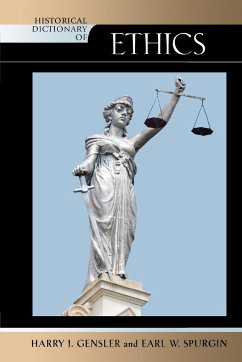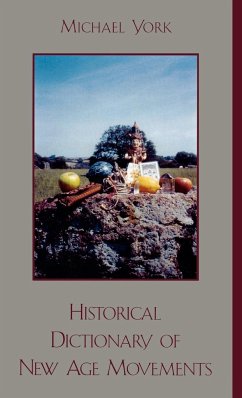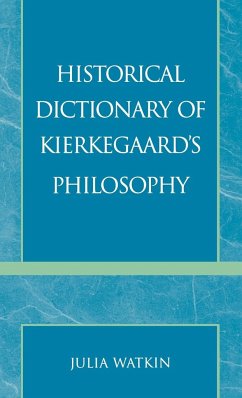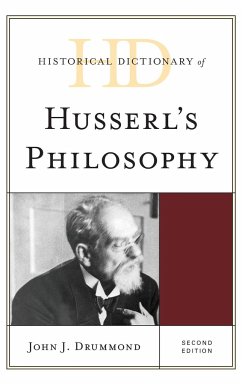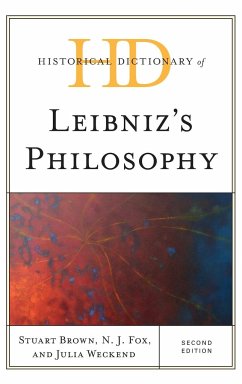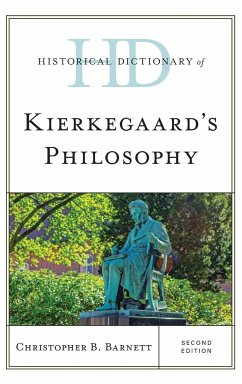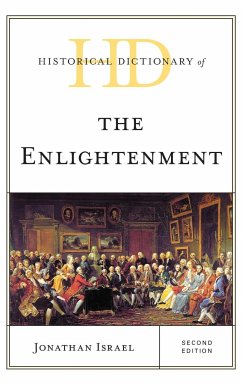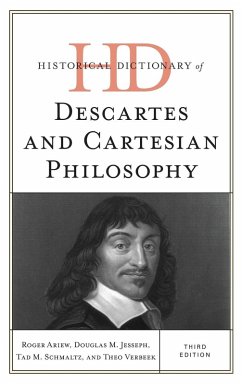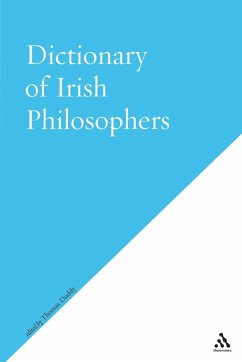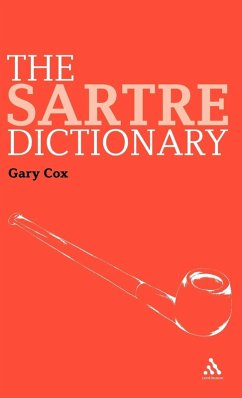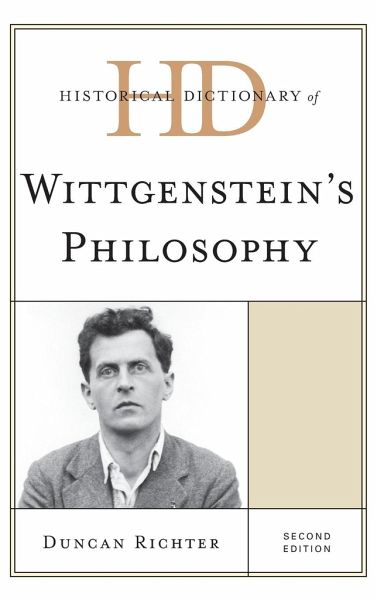
Historical Dictionary of Wittgenstein's Philosophy
Versandkostenfrei!
Versandfertig in 1-2 Wochen
158,99 €
inkl. MwSt.

PAYBACK Punkte
79 °P sammeln!
This second edition of Historical Dictionary of Wittgenstein's Philosophy covers the history of this philosophy through a chronology, an introductory essay, and an extensive bibliography. The dictionary section has over 300 cross-referenced entries on every aspect of his work.





